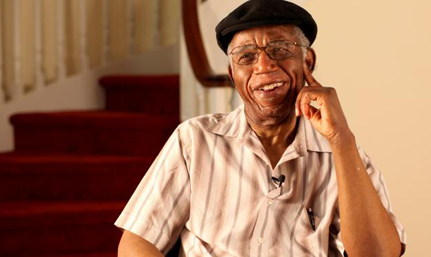Latest News Archive
Please select Category, Year, and then Month to display items
12 October 2020
|
Story Arina Engelbrecht
|
Photo Supplied
 Arina Engelbrecht from Organisational Development and Employee Well-being believes physical activity has a number of benefits for one’s health, including stress relief.
Arina Engelbrecht from Organisational Development and Employee Well-being believes physical activity has a number of benefits for one’s health, including stress relief.
Being physically active plays a big role in preventing the development of mental-health problems and in improving the quality of life of people experiencing mental-health problems.
Treatment for depression
Physical activity can be an alternative treatment for depression. It can be used as a stand-alone treatment or in combination with medication and/or psychological therapy. It promotes all kinds of changes in the brain, including neural growth, reduced inflammation, and new activity patterns are formed that promote feelings of calm and well-being. It releases endorphins – powerful chemicals in the brain that energise your spirit and make you feel good.
Physical activity can be very effective in relieving stress. Research in adults has found that physically active individuals tend to have lower stress levels compared to individuals who are less active. It also leads to improved sleep. When a person sleeps better and feels more rested, overall quality of life improves. They cope better with daily life stressors.
Reduce Alzheimer's risk
Regular physical activity can reduce your risk of developing Alzheimer's disease by up to 50%. It can also slow down further deterioration in those who have already started to develop cognitive problems. It stimulates the brain’s ability to maintain old connections as well as to make new ones.
A study asked people to rate their mood immediately after periods of physical activity (e.g. going for a walk/run, cycling, doing housework) and periods of inactivity (e.g. reading a book or watching television). Researchers found that participants felt more content, more awake, and calmer after being physically active compared to after periods of inactivity.
In conclusion, people who are physically active feel a sense of well-being, feel more energetic throughout the day, sleep better at night, have sharper memories, and feel more relaxed and positive about themselves and their lives.
“Being physically active not only changes your body, it changes your mind,
attitude, and your mood.” – Arina Engelbrecht
World mourns giant of African literature
2013-03-25
|
 |
UFS joins the world in commiserating the passing of the novelist, poet and literary critic, Chinua Achebe.
Photo credit: Mike Cohea/Brown University
25 March 2013 |
The staff and students of the University of the Free State (UFS) are saddened by the passing of Chinua Achebe on 21 March 2013 at the age of 82 in Boston in the United States.
Prof Achebe is widely regarded as one of Africa's greatest authors, gaining world-wide acclaim especially for his 1954 novel, Things Fall Apart. Prof Achebe’s other major works include Arrow of God, A Man of the People, Anthills of the Savannah, as well as his famous critique of Joseph Conrad's Heart of Darkness, namely An image of Africa: racism in Conrad's "Heart of darkness."
Prof Jonathan Jansen, Vice-Chancellor and Rector of the UFS, said he was privileged to attend three lectures by Achebe. "A giant in African literature has fallen. Go softly, Chinua Achebe. As a young student, I still remember sitting in awe of your wisdom and insight," he said.